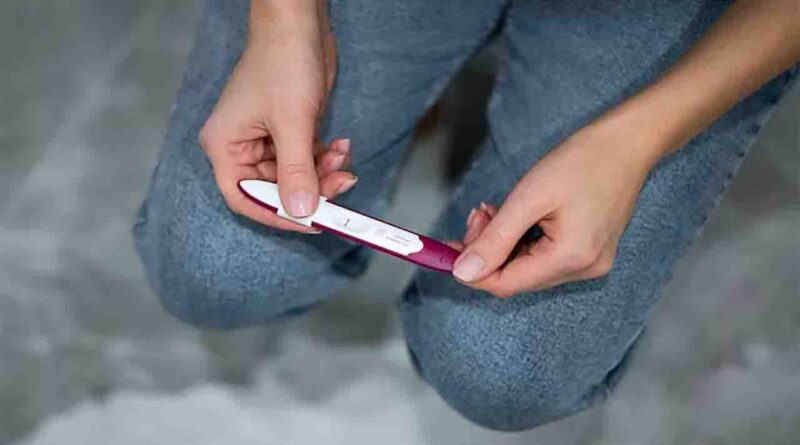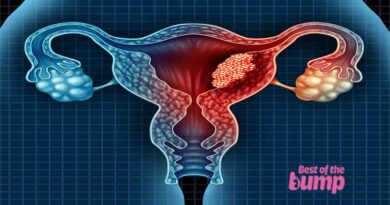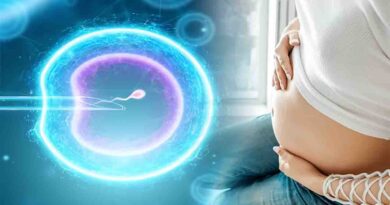Can twins cause false negative pregnancy test?
Occasionally, twins cause false negative pregnancy tests. This can also occur when testing too soon, using diluted urine, and due to various other contributing factors. The confirmation of pregnancy often begins with a home pregnancy test, which typically detects the presence of the hormone human chorionic gonadotropin (hCG) in a woman’s urine. However, the accuracy of these tests can sometimes be influenced by various factors, including the possibility of carrying multiples, such as twins. In this comprehensive guide, we will explore the intriguing question of whether can twins cause false negative pregnancy test results and delve into the science, causes, and implications of such occurrences.
Understanding Pregnancy Tests
Before delving into the potential impact of twins on pregnancy test results, it’s essential to understand how pregnancy tests work.
hCG Hormone
Pregnancy tests, both urine-based and blood-based, rely on detecting the presence of hCG in a woman’s body. hCG is a hormone produced by the developing placenta after a fertilized egg attaches to the uterine lining. Its levels typically rise rapidly in the early stages of pregnancy.
Sensitivity Levels
Different pregnancy tests have varying levels of sensitivity, which determine their ability to detect lower concentrations of hCG. Some tests can detect pregnancy very early, while others require higher hCG levels to yield positive results.
Timing
The timing of taking a pregnancy test also plays a crucial role. Testing too early, before hCG levels have had a chance to rise significantly, can result in a false negative result.
Can Twins Cause False Negative Pregnancy Tests?
Now, let’s explore whether the presence of twins can lead to false negative pregnancy test results:
1. Timing of Testing:
One of the primary factors influencing the accuracy of pregnancy tests is the timing of testing. In a singleton pregnancy (one baby), it typically takes some time for hCG levels to reach the threshold detectable by most home pregnancy tests. Testing too early, before hCG levels have risen sufficiently, can lead to false negative results.
In the case of twins or multiples, there is a possibility that hCG levels may increase more rapidly than in a singleton pregnancy. This accelerated rise in hCG levels could theoretically lead to earlier detection on a pregnancy test. However, it’s important to note that this is not a guarantee, and many factors can influence hCG levels, including the specific circumstances of the pregnancy.
2. Variability in hCG Levels:
The range of hCG levels in pregnancy can vary significantly from one woman to another and between different pregnancies. While some women may have higher hCG levels early in pregnancy, others may have lower levels that take more time to rise. This variability can affect the timing of when a pregnancy test can accurately detect the pregnancy.
In the case of twins, hCG levels can indeed be higher on average than in singleton pregnancies due to the presence of two fetuses and two placentas. However, this does not necessarily guarantee that a pregnancy test will yield a positive result earlier than expected. The timing and accuracy of the test can still depend on various factors, including the test’s sensitivity and when it is taken.
3. Factors Beyond hCG Levels:
It’s important to recognize that hCG levels are just one factor in the accuracy of a pregnancy test. Other factors, such as the quality and sensitivity of the test, the concentration of hCG in a woman’s urine, and individual variations in how the body metabolizes hCG, can also impact test results.
Moreover, false negative results can occur for reasons unrelated to the presence of twins. These can include errors in following test instructions, dilution of urine, certain medications, and underlying medical conditions.
4. Blood Tests vs. Urine Tests:
Blood tests to measure hCG levels are generally more sensitive and accurate than urine-based home pregnancy tests. If you suspect you may be pregnant with twins and want early confirmation, a blood test ordered by a healthcare provider is often the most reliable option. It can detect lower levels of hCG and provide a clearer picture of whether multiples are on the way.
While the presence of twins can potentially result in higher hCG levels early in pregnancy, leading to earlier detection on a pregnancy test, it is not a guaranteed outcome. The accuracy of pregnancy tests depends on various factors, including the test’s sensitivity, timing of testing, and individual variations in hCG levels.
If you suspect you may be pregnant with twins or have concerns about the accuracy of a pregnancy test, it is advisable to consult with a healthcare provider. They can offer guidance on the most appropriate and reliable testing methods, ensuring that you receive accurate and timely information about your pregnancy.
Ultimately, whether you are expecting a single baby or twins, the excitement and anticipation of welcoming new life into the world remain unchanged. Pregnancy tests, while valuable tools are just one step in the remarkable journey of motherhood.




